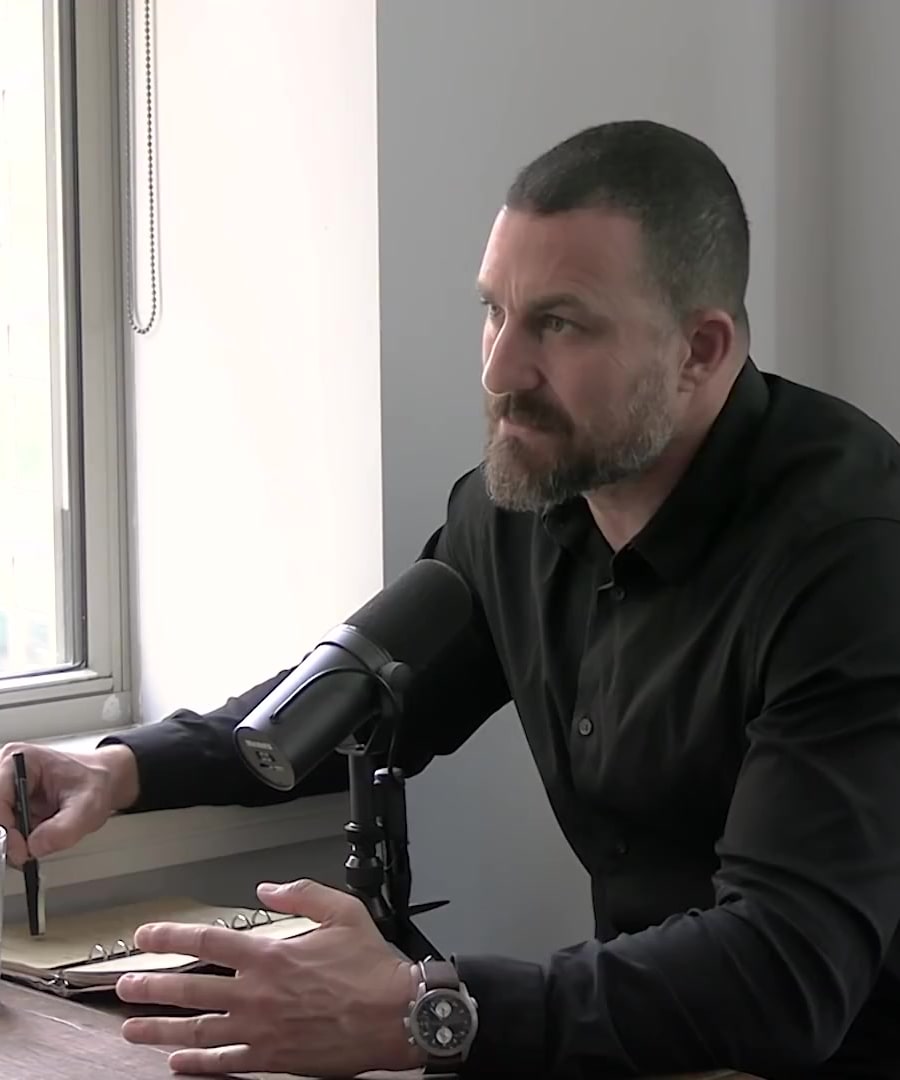I heard you say once that we shouldn't nap after 16:00, so that we don't disturb our sleep at night. I am guessing that that varies accordingly with our usual sleeping time, right? A person that wakes at around 5 and a person that wakes at around 9 shouldn't have the same time limit for napping, I assume...
Sources:
Although the doesn't explicitly address the optimal time limit for napping based on different wake-up times, does emphasize the importance of keeping consistent sleep and wake times to enhance the quality and depth of sleep. He suggests that if you normally wake up at a certain time, it's generally okay to wake up an hour later on weekends or after a late night, but he advises against sleeping in much beyond that. Instead, taking a nap in the afternoon that isn't too long can be beneficial, provided it aligns with maintaining consistent wake-up times 1.
Regarding sleep disturbances and waking up at night, and suggest that sleep disruptions like waking in the early hours and not being able to fall back asleep could be signs of misalignment with the natural light-dark cycle. If a person consistently wakes up very early, adjusting bedtime could be considered, but it's also possible that their circadian rhythm is out of sync with the environment. They recommend seeking light exposure that aligns with regular wakefulness and being mindful of light exposure when waking up at night to use the restroom 2.
From this, we can infer that the intention behind the advice to avoid naps after a certain time, like 16:00, is to preserve the regular sleep pattern aligned with circadian rhythms. The actual cutoff for napping may indeed vary depending on a person's usual sleeping schedule. If someone wakes at 5:00 AM, an earlier nap to prevent sleep disturbances might be more appropriate than for someone who wakes at 9:00 AM. Nonetheless, keeping overall sleep-wake timing consistent is key, and planning naps that do not disrupt this consistency is the principle to apply, regardless of individual wake-up times.
RELATED QUESTIONSDo you have any guidance about how many hours we should have between napping and going to sleep at night to avoid sleep disturbances?
Sources:
has mentioned that late afternoon naps, specifically after 4:00 PM, can potentially interfere with nighttime sleep and thus should be avoided 1. While discussing optimal sleep habits and the results of a particular study, he recommended that if you choose to nap, do so for less than 90 minutes and avoid napping after 4:00 PM to ensure it does not disrupt your sleep at night 1.
This guidance suggests that finishing a nap at least a few hours before your bedtime could be beneficial to prevent interference with your nightly sleep routine. However, keep in mind that individual variations such as wake-up times and personal sleep cycles might affect the best time to nap. It's important to listen to your body's signals and adjust nap times according to your own needs while considering the general guidance provided.
RELATED QUESTIONSI imagine that the 4:00 pm guidance to limit napping is based on an average good sleeping behaviour. Do you know at what time one is recommended to schedule one's bedtime?
Sources:
According to on the , getting to sleep within plus or minus one hour of your regular bedtime is beneficial for maintaining sleep quality and a consistent sleeping routine. He mentions that most people typically go to sleep around 10:00 PM, plus or minus two hours, and wake up around 7:00 AM, plus or minus two hours 1. He further explains that the timing of your sleep within the 24-hour cycle significantly impacts how well-rested you feel, which emphasizes the importance of consistency 2.
To ensure a consistent sleep routine, it's recommended to strive for sleeping and waking up at more or less the same time each day, within a window of about an hour 3. also discusses the natural sleep patterns linked to sunrise and sunset, and how modern life with artificial lighting has led to later sleep times than what might be considered natural 4.
Therefore, while the exact ideal time may vary due to your personal circumstances and natural tendencies (known as "chronotypes"), striving for consistency and aligning with natural light patterns as much as possible is recommended for good sleep health. Adjusting your sleep schedule should take into consideration your specific needs and try to maintain a routine that allows you to feel well-rested.
RELATED QUESTIONS
I heard you say once that we shouldn't nap after 16:00, so that we don't disturb our sleep at night. I am guessing that that varies accordingly with our usual sleeping time, right? A person that wakes at around 5 and a person that wakes at around 9 shouldn't have the same time limit for napping, I assume...
- RELATED QUESTIONS
Do you have any guidance about how many hours we should have between napping and going to sleep at night to avoid sleep disturbances?
- RELATED QUESTIONS
I imagine that the 4:00 pm guidance to limit napping is based on an average good sleeping behaviour. Do you know at what time one is recommended to schedule one's bedtime?
- RELATED QUESTIONS






